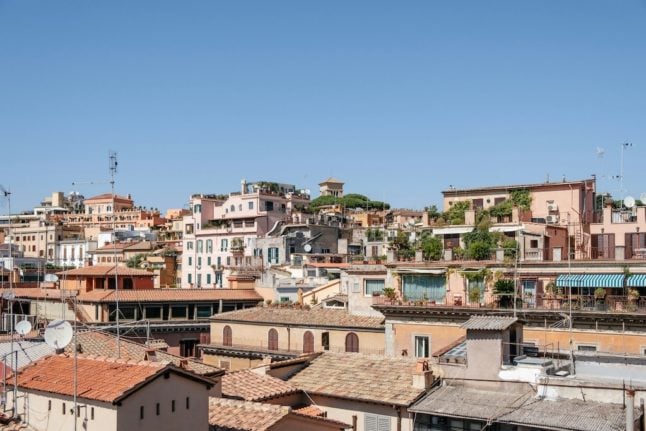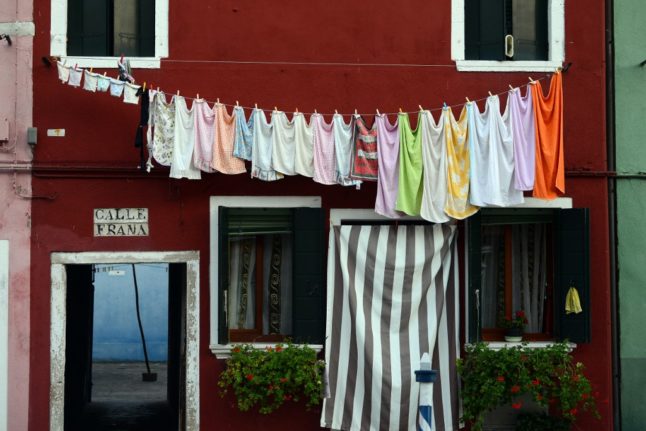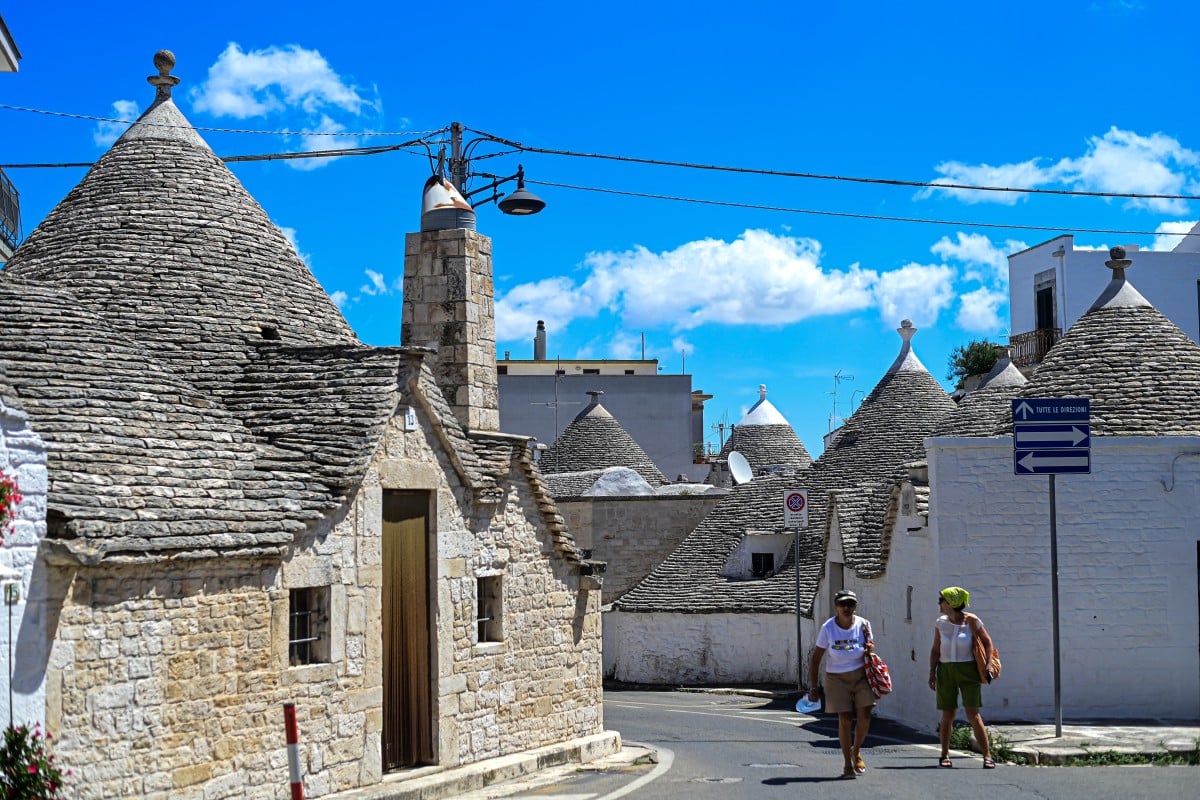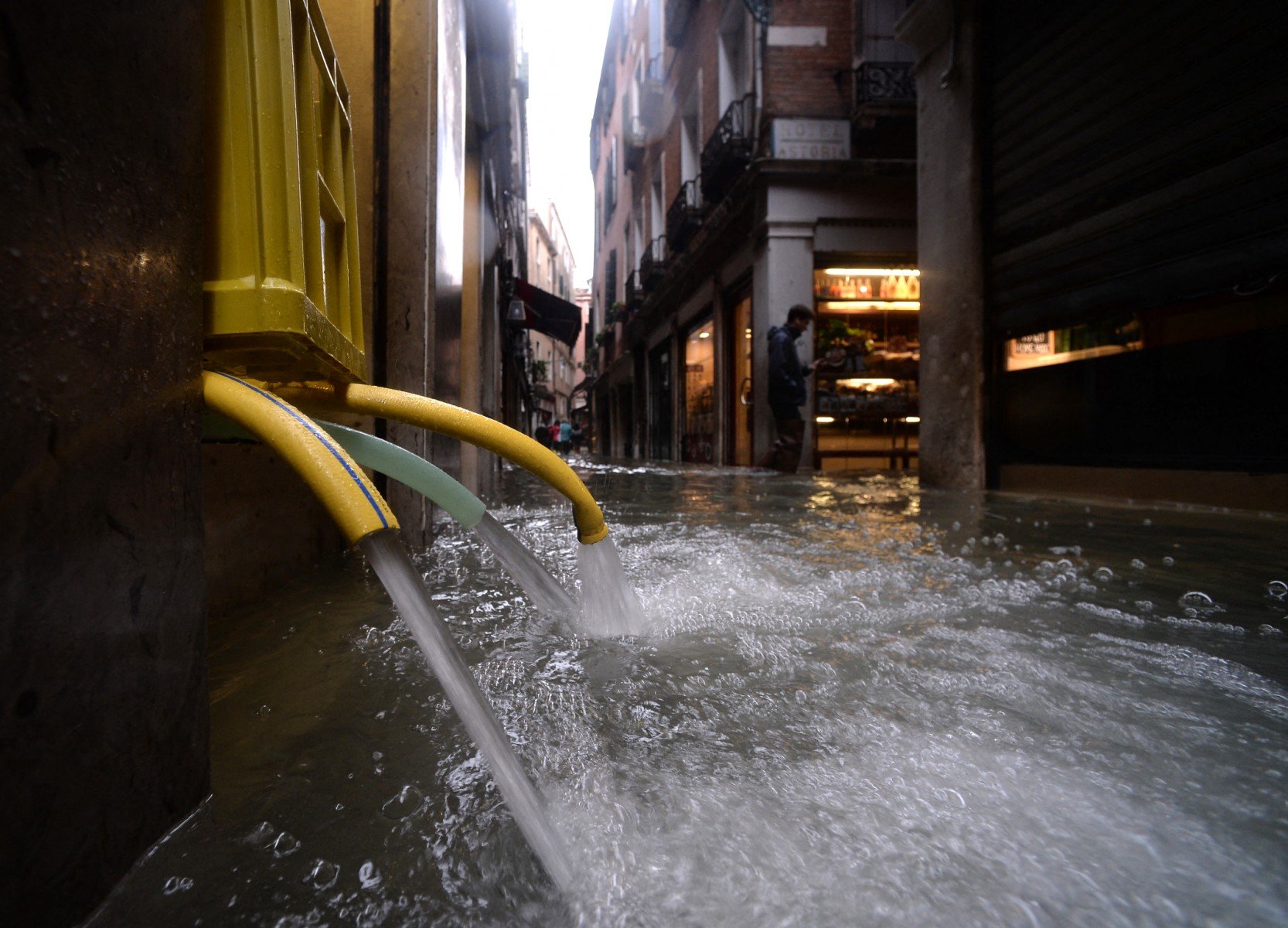Italy’s housing prices have steadily risen since 2020, in large part thanks to the rising values of new builds in the country.
But while property values continue to rise in Italy’s major cities in particular, the total number of sales dropped in 2023 – a trend that appears to be continuing into 2024, as predicted by experts at the start of the year.
Housing sales declined by around 10 percent in Italy in 2023, according to the market intelligence firm Nomisma’s March 2024 Real Estate Market Observatory, with around 710,000 homes sold over the course of the year.
At the same time, the country’s rental market increased by three percentage points, meaning around 48,000 more households turned to renting.
That’s a direct result of soaring inflation and high mortgage interest rates, the firm says.
Italy’s gap between wage growth and inflation currently stands at around seven percent, making banks reluctant to lend at affordable rates (though average rates did decrease slightly for the first time in two years at the start of 2024).
READ ALSO: Is now a good time to buy a home in Italy?
The total amount of capital made available by lenders for mortgage financing in Italy dropped by around 26 percent between 2022 and 2023, while mortgage-less property purchases increased by 4.8 percent.
Nomisma forecasts a further decline in housing sales over the next few years, predicting residential sales of 695,000 in 2024, 689,000 in 2025 and 682,000 in 2026.
Meanwhile, a recent analysis by Corriere della Sera newspaper of data from real estate portal Immobiliare.it shows that property values in eight major Italian cities rose slightly between 2023 and 2024.
The average price of a house in Milan, where housing costs were highest, increased by 3.1 percent to €432,000.
Prices in Florence (€340,000) saw a yearly increase of 2.8 percent; in Rome (€269,000), 1.3 percent; and in Bologna (€277,000), 3.4 percent.
READ ALSO: Can I get a mortgage in Italy as a foreigner?
In Naples, where prices average €229,000, there was a 4.2 percent annual increase between 2023 and 2024; in Turin (€160,000), 3.9 percent; and in Genoa (€135,000), 3 percent.
Palermo saw the highest rate of increase at 5.9 percent, though the average house price remained the lowest of all eight cities, at €116,000.
Although Italian property values are continuing to marginally increase in nominal terms – at an average rate of 1.5 percent last year – Nomisma notes that when accounting for inflation, prices in fact saw a real terms drop of 3.9 percent in 2023.
At the same time, Corriere says, Italy’s available housing stock is increasing, in part because of the EU’s ‘Green Homes’ directive, which requires property owners to make their homes more energy efficient starting in 2030 – driving many homeowners to sell rather than fork out for expensive renovations.
This could mean that Italy’s property prices could soon start to drop off; though unless this is accompanied by a willingness by banks to start lending to would-be buyers at affordable rates, it’s unlikely to result in a sudden boom in house sales.





 Please whitelist us to continue reading.
Please whitelist us to continue reading.
Member comments